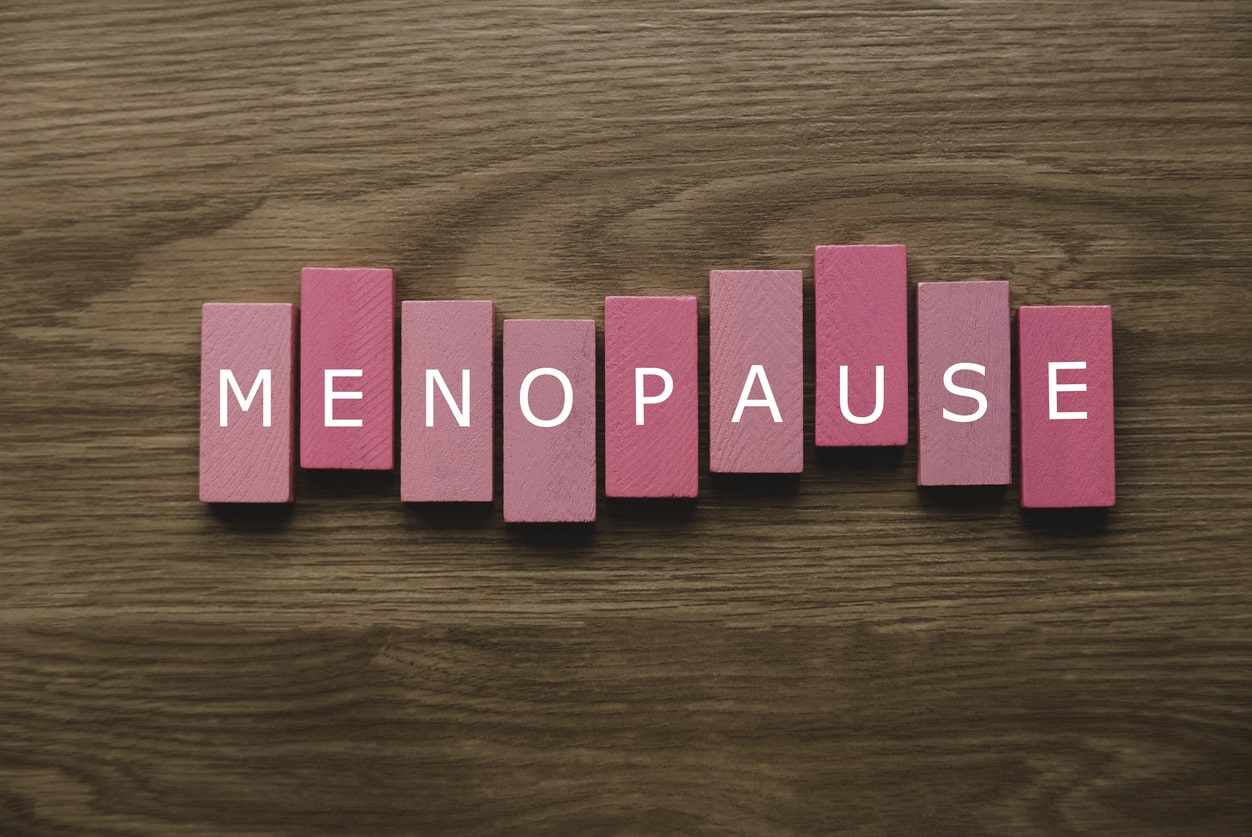2022 guidelines concerning the treatment of Menopause

I’m sure you cannot fail to have noticed the increased media and political interest on the once stigmatised and taboo subject of menopause. This, combined with an increased understanding by patients, has had a most positive impact on many different areas of health advice which has resulted in a flurry of updated guidelines both here and in the US.
The RCGP, RCOG and BMS Position Statement on the Menopause came out in May this year. They recognise that menopause affects individual women in very different ways and therefore “Ensuring every member of the primary care team is aware of the variable presentation and impact of the menopause is therefore essential”
If you would like to read the full position statement you can read it here
The Government’s first women’s health strategy for England came out this July. This aims to address the fact that “not enough focus is placed on women-specific issues like miscarriage or menopause, and women are under-represented when it comes to important clinical trials”.
Professor Dame Lesley Regan, a gynaecology colleague at OneWelbeck, was appointed as the government’s first ever Women’s Health Ambassador for England to support the implementation of this initiative.
Designed to set out a 10-year plan, it is based on almost 100,000 responses from women across England and more than 400 submissions from organisations and experts in health and care.
If you would like to read the full policy paper click here
In between these – in June – the British Menopause Society (BMS), Royal College of Obstetricians and Gynaecologists (RCOG) and the Society for Endocrinology (SfE) produced a joint position statement which provides best practice recommendations on menopause care.
A summary of the BMS, RCOG and SfE joint position statement
It is recognised that 75% of women suffer menopause symptoms, 25% of them severely, and that this can have a detrimental effect on their personal relationship and on their work. These symptoms can go on for 7 years or more – in fact 33% of women experience these symptoms for more than 7 years and in 15% they persist indefinitely.
Over the last 20 years there has been a significant change in the way that menopause has been managed. Unfortunately, prior to the NICE guideline in 2015 the emphasis was very much on the negative effect of HRT rather than the negative effect that menopause can have on the lives of women.
The recent statement starts with the premise that” All women should be able to access advice on how they can optimise their menopause transition and the years beyond. There should be an individualised approach in assessing women experiencing the menopause”
The statement also acknowledges that – when compared with placebo - HRT remains the most effective treatment for menopause and has consistently been shown to improve menopause symptoms and women’s overall quality of life. It has also been shown to be effective in the preservation of bone density and prevention of osteoporosis.
The statement additionally recommends that advice to women should include lifestyle modifications where relevant as these are known to be beneficial. This covers diet, exercise, weight management, stopping smoking and reducing the intake of caffeine and alcohol.
It also acknowledges that alternative therapies - such as cognitive behavioural therapy - can help the symptoms of those women who cannot take or do not wish to take HRT.
Finally, the position statement lays out the guidelines concerning when HRT should be taken, for how long, any contraindications and those conditions which are currently shown not to benefit from HRT.
If you would like to read the position statement in detail please click here
I hope this has been helpful.










